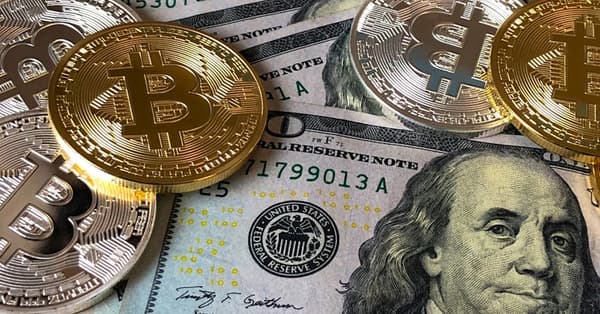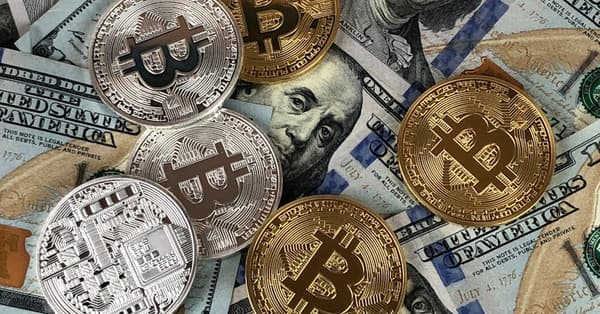Why PancakeSwap is Leading the DeFi Revolution
Discover how PancakeSwap's success is shaping the future of decentralized exchanges and what it means for developers in the crypto space.
The world of decentralized finance (DeFi) has seen explosive growth, with a staggering 200% increase in Binance Smart Chain (BSC)-based decentralized exchanges (DEXs) over the past year. Among these, PancakeSwap has emerged as a frontrunner, serving as a blueprint for developers eager to fork successful contracts and launch their own projects.
But forking isn’t just a technical maneuver—it opens up a Pandora's box of legal complexities. In this guide, we’ll explore the intricate legal frameworks surrounding the forking of contracts, diving into copyright, licensing, and the implications for both developers and users.

Forking refers to the process of modifying a blockchain’s code to create a new version of a project. There are two main types: hard forks and soft forks. Hard forks result in a permanent break from the original blockchain, whereas soft forks maintain backward compatibility.
In 2023 alone, we witnessed over 50 notable forks of popular DeFi projects, spurred by developers looking to capitalize on winning models. This rapid expansion showcases the community's insatiable appetite for innovation and competition.

Take a look at PancakeSwap and SushiSwap. PancakeSwap saw its liquidity skyrocket to over $5 billion, while SushiSwap rolled out unique features that captured a loyal user base. These examples highlight how well-executed forks can significantly boost user engagement and market performance.
Intellectual property rights, especially copyright laws, play a crucial role in the forking process. Developers should be aware that modifying existing code might infringe upon the copyright held by the original creators.

Licensing is vital in the context of forking. Open-source licenses, like the MIT License that PancakeSwap uses, permit code reuse with minimal restrictions, unlike proprietary licenses, which can impose significant hurdles.
Legal interpretations of forking can vary widely across jurisdictions. For example, while the US may assess forking through the lens of copyright laws, other regions might prioritize regulatory compliance, creating a confusing web of cross-border legal landscapes.

🎯 KEY INSIGHT...